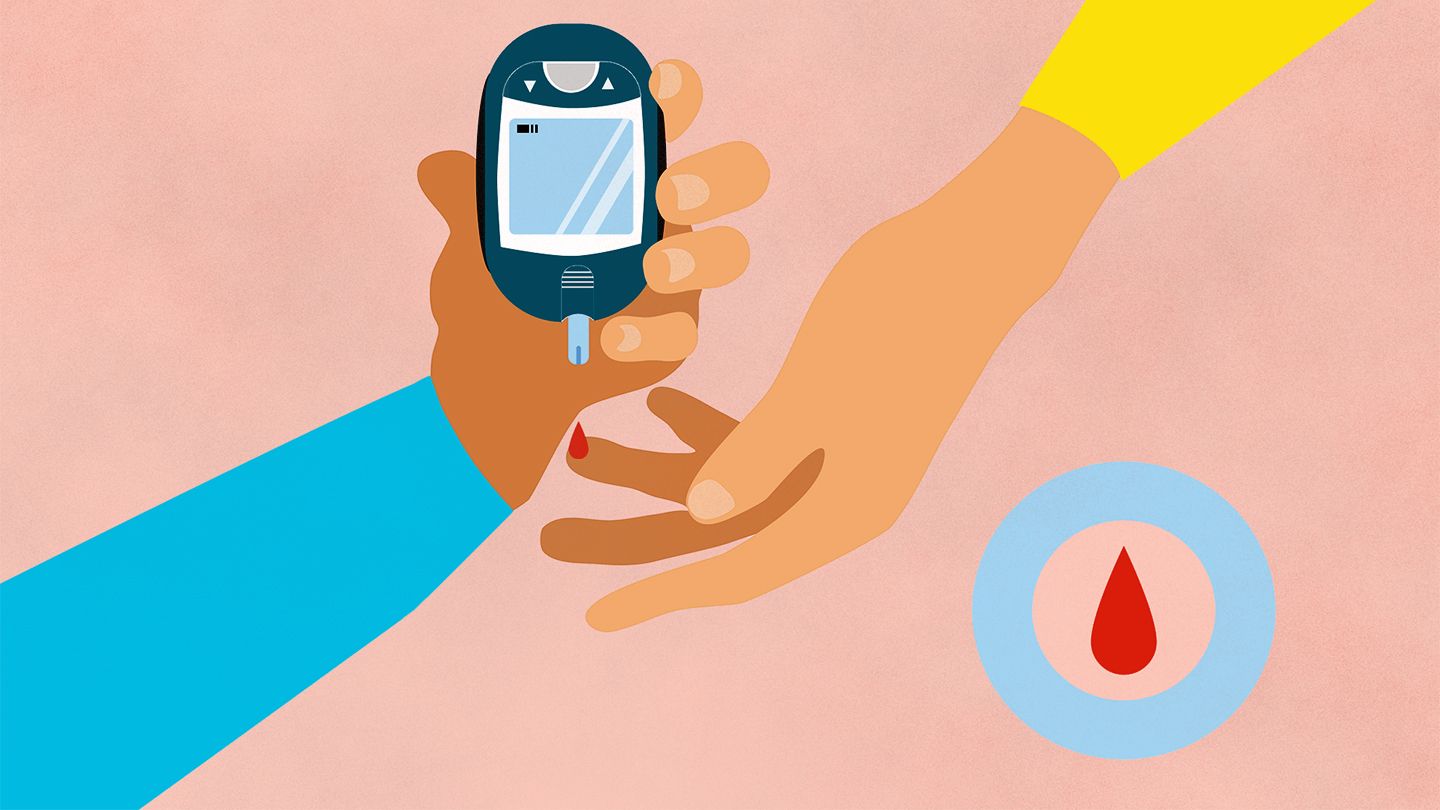
Ever wondered why low sugar fruits are gaining popularity? These fruits pack a punch with flavor and nutrition without the sugar overload. Perfect for those watching their sugar intake, they offer a sweet solution to cravings. From berries to citrus, these fruits can fit into any diet. They help maintain blood sugar levels, support weight management, and provide essential vitamins and minerals. Plus, they’re versatile—great for snacks, salads, or smoothies. Ready to learn more about these tasty, healthy options? Let’s dive into 27 facts that will make you a low sugar fruit expert!
What is Low Sugar?
Low sugar, often referred to as reduced sugar, involves consuming foods and beverages with minimal added sugars. This lifestyle choice can lead to numerous health benefits. Here are some interesting facts about low sugar.
-
Low sugar diets can help manage weight. Reducing sugar intake can lower calorie consumption, aiding in weight loss or maintenance.
-
It can improve heart health. High sugar intake is linked to heart disease. Cutting back can reduce this risk.
-
Low sugar diets can stabilize blood sugar levels. This is crucial for people with diabetes or insulin resistance.
-
It can enhance dental health. Less sugar means fewer cavities and better overall oral hygiene.
Benefits of Low Sugar
Choosing a low sugar lifestyle can bring about several positive changes. Here are some benefits you might not have considered.
-
Better skin health. High sugar levels can cause acne and other skin issues. Reducing sugar can lead to clearer skin.
-
Improved energy levels. Sugar spikes and crashes can make you feel tired. A low sugar diet provides more stable energy.
-
Enhanced mental clarity. Lower sugar intake can improve focus and reduce brain fog.
-
Reduced risk of fatty liver disease. Excess sugar, especially fructose, can lead to liver fat accumulation.
Low Sugar Foods
Incorporating low sugar foods into your diet can be easier than you think. Here are some options to consider.
-
Vegetables. Most veggies are naturally low in sugar and high in nutrients.
-
Lean proteins. Chicken, fish, and tofu are great low sugar protein sources.
-
Whole grains. Brown rice, quinoa, and oats have minimal sugar and are rich in fiber.
-
Nuts and seeds. These are low in sugar and provide healthy fats and protein.
Misconceptions About Low Sugar
There are many myths surrounding low sugar diets. Let's clear up some common misconceptions.
-
All sugars are bad. Not true. Natural sugars in fruits and dairy are part of a balanced diet.
-
Low sugar means no flavor. Many low sugar foods are delicious and satisfying.
-
You need sugar for energy. While sugar provides quick energy, complex carbs and proteins offer sustained energy.
-
Low sugar diets are restrictive. There are plenty of tasty, low sugar options available.
How to Reduce Sugar Intake
Reducing sugar doesn't have to be difficult. Here are some practical tips to help you cut back.
-
Read labels. Check for hidden sugars in packaged foods.
-
Choose unsweetened products. Opt for unsweetened versions of yogurt, milk, and other staples.
-
Cook at home. Homemade meals allow you to control sugar content.
-
Use natural sweeteners. Honey, maple syrup, and stevia can be healthier alternatives.
Health Risks of High Sugar
Understanding the risks associated with high sugar intake can motivate you to make healthier choices.
-
Increased risk of obesity. High sugar diets are linked to weight gain and obesity.
-
Higher chance of type 2 diabetes. Excess sugar can lead to insulin resistance and diabetes.
-
Greater likelihood of heart disease. Sugar can raise blood pressure and cholesterol levels.
-
Potential for mood swings. Sugar highs and lows can affect your mood and mental health.
Low Sugar and Exercise
Combining a low sugar diet with regular exercise can amplify health benefits. Here's how they work together.
-
Better workout performance. Stable blood sugar levels can improve endurance and strength.
-
Faster recovery. Low sugar diets can reduce inflammation, aiding in quicker recovery post-exercise.
-
Enhanced muscle growth. Protein and complex carbs support muscle repair and growth better than sugary foods.
Final Thoughts on Low Sugar
Low sugar diets offer numerous benefits. They help manage weight, reduce the risk of chronic diseases, and improve overall well-being. Cutting back on sugar can lead to better energy levels, clearer skin, and improved mental clarity. It's not just about avoiding sweets; it's about making smarter choices with everyday foods. Reading labels, choosing whole foods, and being mindful of hidden sugars can make a big difference. Remember, moderation is key. You don't have to eliminate sugar completely, but reducing intake can have significant positive effects. Small changes, like swapping sugary drinks for water or snacking on fruits instead of candy, can lead to big health improvements. Embrace a low sugar lifestyle and enjoy the benefits of a healthier, more vibrant life.
Was this page helpful?
Our commitment to delivering trustworthy and engaging content is at the heart of what we do. Each fact on our site is contributed by real users like you, bringing a wealth of diverse insights and information. To ensure the highest standards of accuracy and reliability, our dedicated editors meticulously review each submission. This process guarantees that the facts we share are not only fascinating but also credible. Trust in our commitment to quality and authenticity as you explore and learn with us.


